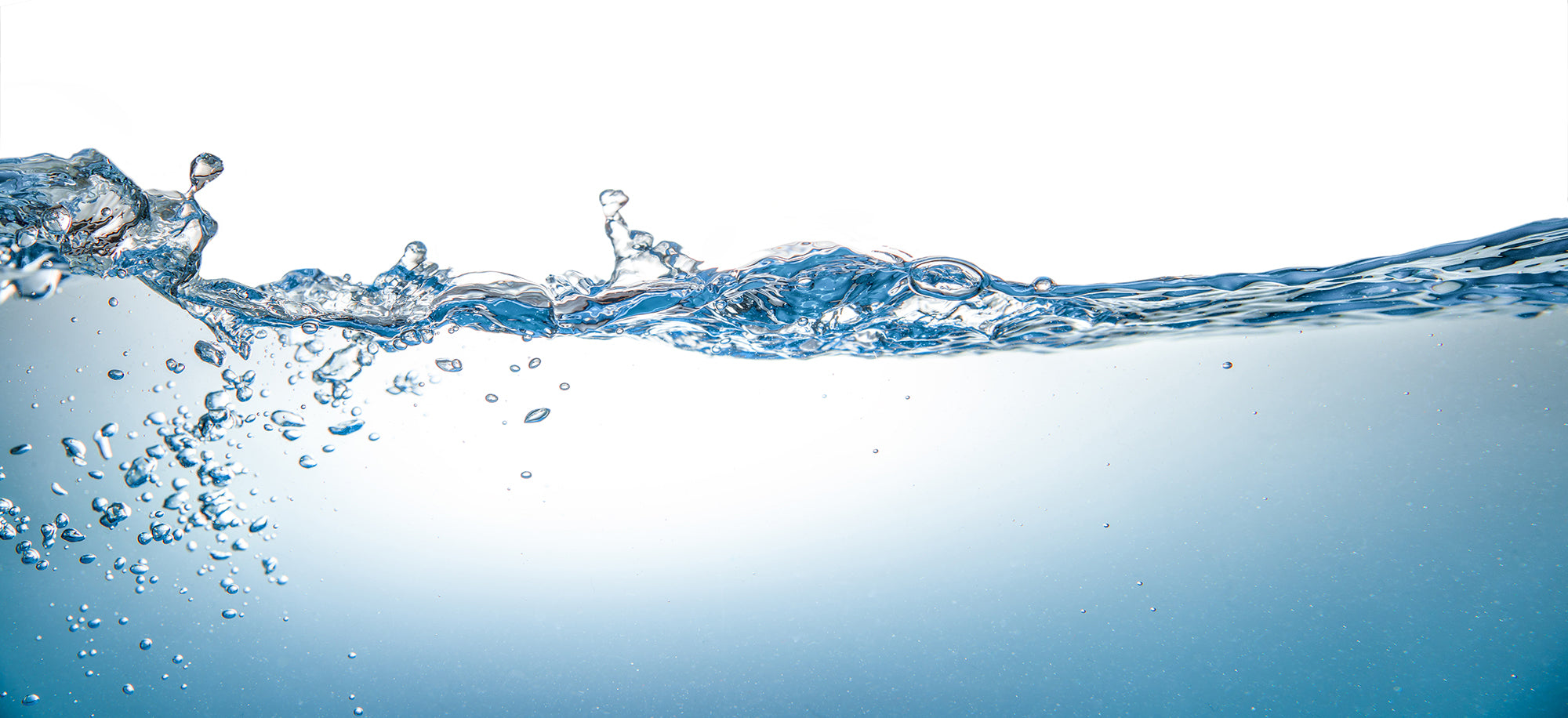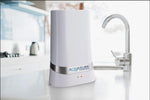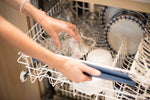You’ve probably been inundated with something called “microns” during your search for the right water filtration system. Numbers such as 30,20 and 0.5 microns seem to be everywhere. When it comes to filtering contaminants in water, the smaller the space that the water has to pass through, the better. Take a look at the chart below, see how large a coffee grind is compared to the human hair? The smallest item in the photo below is the micron. Human hair measures 150 microns, heavy dust, and lint measure 10-25 microns, and bacteria are 2 microns in diameter.

The reason why water filters have such small tolerances for passing water is to ensure that anything that comes through that doesn’t belong, gets taken out. Take for example well water; oftentimes the water will contain silt, sand, and debris (125-500 microns). 25-micron polypropylene sediment filters do a great job taking out those contaminants. If that same filter is combined with a 5-micron granular activated carbon filter, then it will help reduce chlorine, taste, odor, colors, and herbicides, pesticides, and VOC's found in the water.
Believe it or not, filters that have a lower micron count do exist. The Aquasure Counter Top Dash Series uses a 0.5-micron filter. For reference, plant spores and mold are 5-10 microns, smoke is 1 micron, and bacteria measure from 0.03-1 microns. This means the filter in the Dash is eliminating a lot of contaminants such as harmful bacteria before the water ends up in your body.
Think of it this way, let’s pretend you are water and you’re going on a trip (through the pipes). You’ve packed all your belongings (harmful contaminants), and you’re at the airport about to go through the TSA checkpoints (filters). The agents notice you have some things that are not allowed. They confiscate your can of hairspray (sediment) and your large bottle of vodka (sand/ silt), as you go through the metal detector (0.5-micron filter), the agent asks you to empty your pockets because you forgot that you had a pocket knife (bacteria). We all know those aren’t allowed, so they confiscate it too.
By the time you’re done with the screening, you’ve lost your hairspray, vodka, and pocket knife, now the TSA has deemed you safe and now you’re ready to board the airplane (drinking glass). The reason why the TSA doesn’t allow things on the plane is that they don’t want anything to come through their gates (filters) that could potentially harm other people. So whatever is attached to you, the water, that isn’t allowed, it’s removed. Water filters work the same as the TSA, it removes contaminants to help protect the people using them.




